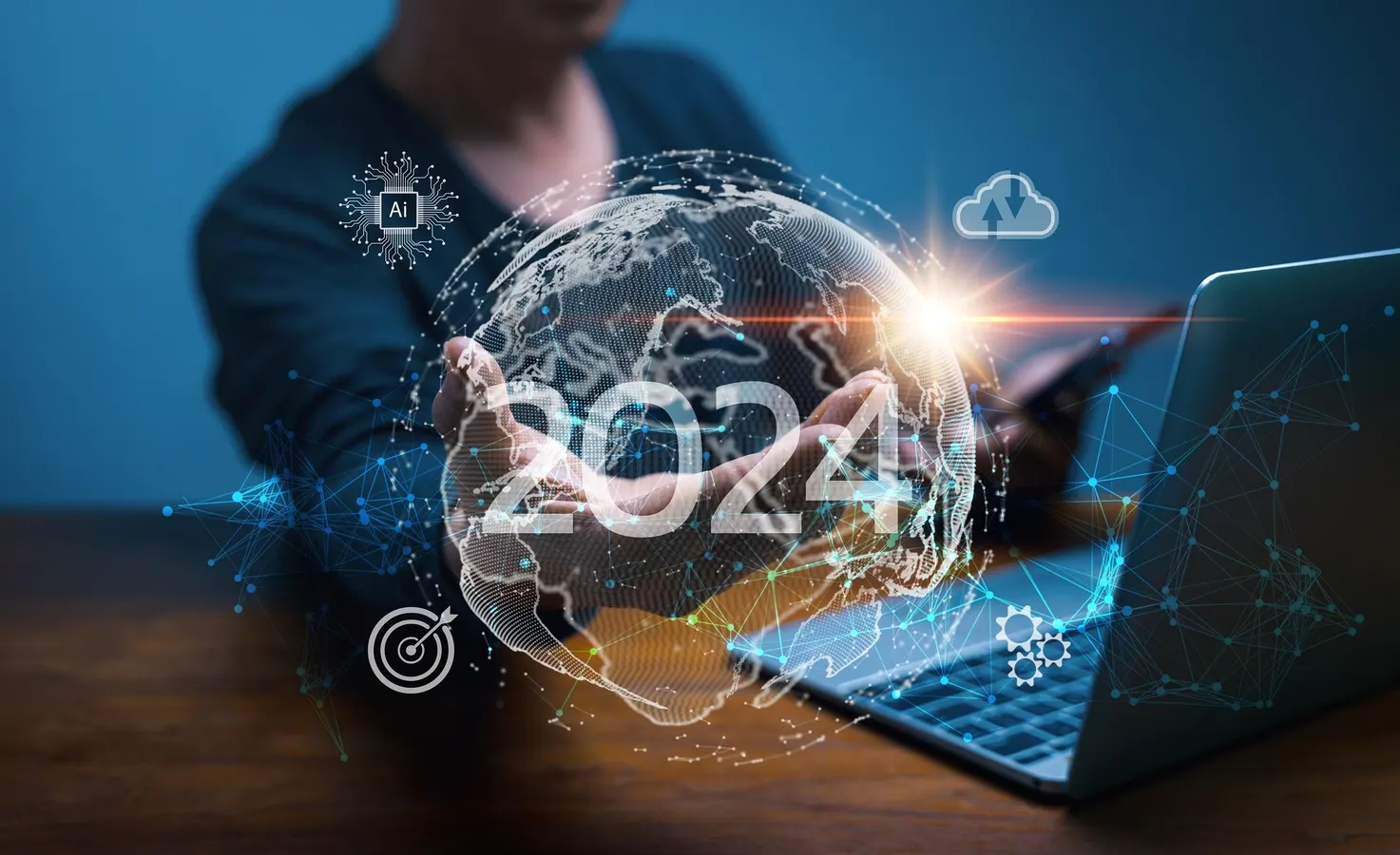The Convergence of Technology and Business: How Innovation is Reshaping Global Markets
In the past two decades, technology has moved from being a supportive tool in business to becoming its backbone. Companies that once relied on traditional models now operate in a digital-first economy, where speed, innovation, and adaptability determine survival. Whether it’s artificial intelligence streamlining operations, blockchain redefining trust, or cloud computing enabling global collaboration, the fusion of technology and business has created an era of unprecedented transformation.
This article explores how the convergence of technology and business is shaping global markets, the challenges organizations face, and the opportunities awaiting forward-thinking leaders.
The Digital Transformation Imperative
Every business today is, in some sense, a technology business. Retailers are e-commerce platforms, banks are fintech hubs, and manufacturers are data-driven enterprises. The push toward digital transformation is no longer optional—it is an imperative.
According to a 2023 Deloitte report, over 90% of executives consider digital transformation central to their company’s future. Yet, only about one-third feel confident that they are executing it effectively. This gap reveals the complexity of navigating technological change while maintaining customer trust, profitability, and operational efficiency.
Digital transformation doesn’t simply mean adopting the latest software; it requires rethinking processes, culture, and value delivery. Businesses that excel in this domain are those that see technology not as a cost center but as a driver of growth and innovation.
Artificial Intelligence: The New Business Engine
Among the most disruptive technologies in business today is artificial intelligence (AI). From predictive analytics in supply chain management to AI-driven chatbots in customer service, companies are leveraging machine learning and automation to streamline operations and deliver personalized experiences.
AI adoption is especially prominent in three areas:
-
Decision-Making and Forecasting – AI models analyze massive datasets to help executives anticipate market shifts, consumer behavior, and financial risks.
-
Customer Experience – Personalized recommendations, real-time support, and adaptive interfaces have become standard in sectors like e-commerce and entertainment.
-
Operational Efficiency – AI automates repetitive tasks, reducing costs and freeing employees to focus on strategic initiatives.
The challenge, however, lies in balancing efficiency with ethics. Concerns around job displacement, bias in algorithms, and data privacy require businesses to adopt responsible AI practices to maintain trust.

Blockchain and Trust in Business
While AI dominates discussions, blockchain technology is quietly revolutionizing industries by redefining how trust is established in transactions. Traditionally, businesses relied on intermediaries—banks, notaries, brokers—to validate agreements. Blockchain enables secure, transparent, and immutable record-keeping, removing the need for third parties.
Applications include:
-
Finance: Cryptocurrencies and decentralized finance (DeFi) platforms are reshaping global payments.
-
Supply Chains: Companies can trace goods from production to delivery, ensuring authenticity and reducing fraud.
-
Contracts: Smart contracts automate agreements, executing terms once conditions are met.
For businesses, blockchain represents an opportunity to build trust and efficiency at scale. However, regulatory uncertainty and the volatility of crypto markets remain barriers to mainstream adoption.
Cloud Computing: Powering the Global Workforce
The rise of cloud computing has perhaps been the most democratizing force in modern business. By removing the need for heavy on-premise infrastructure, the cloud allows companies of any size to scale operations, collaborate globally, and innovate faster.
Cloud platforms also power remote and hybrid work models, which became standard after the pandemic. Businesses can now access talent worldwide, reducing geographic limitations and operational costs.
Yet, with opportunity comes responsibility. Data security and compliance are major concerns, especially for companies operating across multiple jurisdictions. Organizations must invest in strong cybersecurity measures to protect sensitive information.
Data as the New Currency
In the digital economy, data has become the new currency. Businesses leverage customer data to personalize products, predict behavior, and optimize marketing. But with great value comes great risk.
Data breaches have cost companies billions, not only in financial penalties but also in lost reputation. The introduction of regulations like Europe’s GDPR and California’s CCPA reflects growing consumer demand for privacy and transparency.
For businesses, the challenge lies in striking a balance: harnessing data for competitive advantage while respecting user rights. Companies that succeed in building transparent and ethical data practices will enjoy a stronger brand reputation and long-term customer loyalty.
The Human Factor: Reskilling for the Future
Technology may be reshaping industries, but people remain at the core of business. As automation takes over repetitive tasks, demand for human skills is shifting toward creativity, critical thinking, and emotional intelligence.
Organizations are recognizing the need to reskill and upskill their workforce. A McKinsey report estimates that by 2030, up to 375 million workers worldwide may need to transition into new roles due to automation. Businesses that invest in employee learning not only future-proof their operations but also improve retention and morale.
This shift also raises questions about leadership. Tomorrow’s business leaders must be digitally literate, adaptable, and capable of managing hybrid teams that span cultures and time zones.
Challenges at the Intersection of Tech and Business
While opportunities abound, businesses face significant challenges when integrating technology:
-
Cybersecurity Threats: Increased connectivity brings heightened vulnerability to cyberattacks.
-
Regulation: Governments worldwide are struggling to keep pace with innovation, leading to uncertain legal environments.
-
Digital Divide: Small businesses and developing nations risk being left behind without access to advanced technologies.
-
Change Resistance: Employees and leaders alike may resist technological shifts, slowing adoption.
These challenges require strategic vision and proactive governance. Companies that view challenges as opportunities to innovate will emerge stronger.
The Road Ahead: Emerging Trends
Looking forward, several trends are set to define the next phase of tech-business convergence:
-
Generative AI: Beyond automation, AI will create content, products, and even software, accelerating innovation.
-
Quantum Computing: Though still early-stage, quantum computing promises breakthroughs in logistics, finance, and healthcare.
-
Green Tech: Sustainability is no longer optional. Businesses are investing in technologies that reduce carbon footprints and align with environmental goals.
-
Metaverse and Web3: Virtual environments and decentralized platforms may redefine how businesses interact with customers and employees.

Conclusion
The fusion of technology and business is not a passing trend—it is the foundation of the modern economy. Companies that embrace digital transformation, adopt responsible AI, secure their data, and invest in their workforce will not only survive but thrive.
The coming decade will not simply be about which businesses adopt technology, but about which businesses innovate responsibly and leverage it to create meaningful value. At the intersection of tech and business lies the opportunity to reshape global markets, redefine industries, and build a more connected, efficient, and equitable future.
